Introduction
Politics isn’t just about policy — it’s about identity, belonging, and belief. In today’s polarized climate, ideological bias has moved beyond disagreement into distrust. People increasingly view those with different political beliefs not as opponents, but as enemies.
This framework helps educators, leaders, and communities recognize how political and ideological bias shapes perception, conversation, and decision-making. It emphasizes critical thinking, empathy, and intellectual humility — the ability to disagree without dehumanizing. True inclusion requires a shared commitment to facts, fairness, and respect across belief systems.
1. Cognitive & Psychological Biases
| Bias | Definition / Description |
|---|
| Confirmation Bias | Seeking information that supports one’s political or ideological views while rejecting contradictory evidence. |
| Selective Exposure Bias | Consuming media or sources that reinforce existing beliefs. |
| Groupthink Bias | Prioritizing loyalty to an ideological group over independent judgment. |
| Projection Bias | Assuming others share one’s values, priorities, or motivations. |
| Attribution Bias | Interpreting one’s own group’s mistakes as situational but others’ as moral failure. |
| Outgroup Homogeneity Bias | Seeing members of opposing political groups as all the same. |
| Affective Polarization Bias | Forming emotional hostility toward people who hold different political identities. |
2. Sociocultural & Structural Biases
| Bias | Definition / Description |
|---|
| Media Amplification Bias | Platforms emphasizing outrage, fear, or tribalism to drive engagement and profit. |
| Echo Chamber Bias | Online and social environments that isolate people within ideological bubbles. |
| Framing Bias | Presenting information to favor one political position through word choice or emphasis. |
| Institutional Alignment Bias | Schools, organizations, or media reflecting the ideology of dominant stakeholders. |
| Policy Bias | Laws or systems that reinforce the worldview of those in power. |
| Access Bias | Giving more public voice or credibility to individuals with financial or social influence. |
| Geographical Bias | Associating moral or political virtue with region or setting (“coastal elites,” “heartland values”). |
3. Moral & Ideological Biases
| Bias | Definition / Description |
|---|
| Moral Superiority Bias | Believing one’s ideology is inherently more ethical or rational than others. |
| Purity Bias | Rejecting allies who disagree even slightly, valuing ideological purity over progress. |
| Patriotism Bias | Equating loyalty to one’s nation with support for a specific political ideology. |
| Ideological Fatalism Bias | Assuming political opponents can’t change or learn, making dialogue pointless. |
| Dehumanization Bias | Reducing those with opposing beliefs to caricatures or villains. |
| False Balance Bias | Presenting unequal or harmful positions as equally valid for the sake of neutrality. |
| Moral Equivalence Bias | Treating all political wrongs as equally serious, regardless of context or impact. |
4. Educational & Communication Biases
| Bias | Definition / Description |
|---|
| Curricular Framing Bias | Selecting or omitting content to align with a specific political narrative. |
| Discussion Bias | Silencing debate in classrooms or workplaces for fear of conflict or backlash. |
| Language Bias | Using politically loaded or coded terms (“freedom,” “woke,” “traditional”) without context. |
| Representation Bias | Highlighting certain leaders or movements while erasing others. |
| Evaluation Bias | Grading or assessing students differently based on perceived ideology. |
| News Literacy Bias | Teaching critical media skills without addressing political bias in source selection. |
| Authority Bias | Accepting experts, teachers, or public figures uncritically when they share one’s political stance. |
| Bias | Definition / Description |
|---|
| Both-Sides Bias | Assuming fairness means giving equal weight to all views, even when evidence or harm is unequal. |
| Cynicism Bias | Dismissing all politics as corrupt or meaningless, avoiding responsibility for engagement. |
| Overcorrection Bias | Swinging to extreme positions as a reaction to perceived suppression or bias. |
| Ally Superiority Bias | Claiming moral high ground for holding “balanced” or “moderate” views without critical nuance. |
| Disengagement Bias | Avoiding political discussion altogether to maintain comfort, enabling polarization to persist. |
| Echo Reversal Bias | Rejecting ideas solely because they come from an opposing group, even if valid. |
| Simplification Bias | Reducing complex issues to binary moral battles rather than nuanced discussions. |
Conclusion
Political and ideological bias erodes empathy and weakens democracy. It thrives when disagreement turns into contempt and when certainty replaces curiosity. Restoring civic trust requires more than tolerance — it requires courage, humility, and the willingness to see humanity before ideology.
Understanding across difference is not weakness; it is the foundation of a functional society.


Member discussion